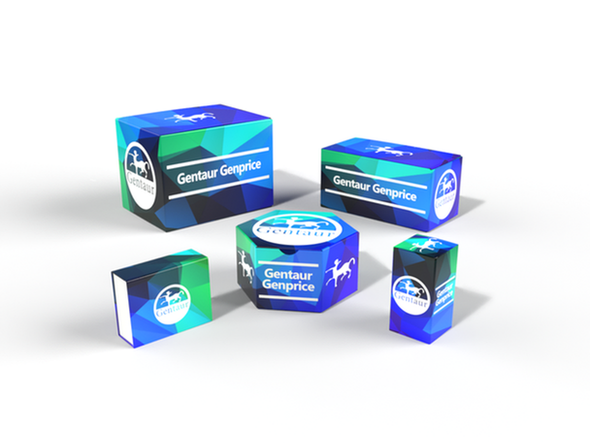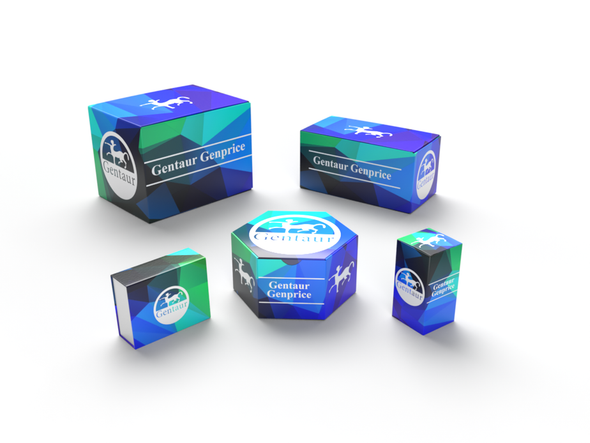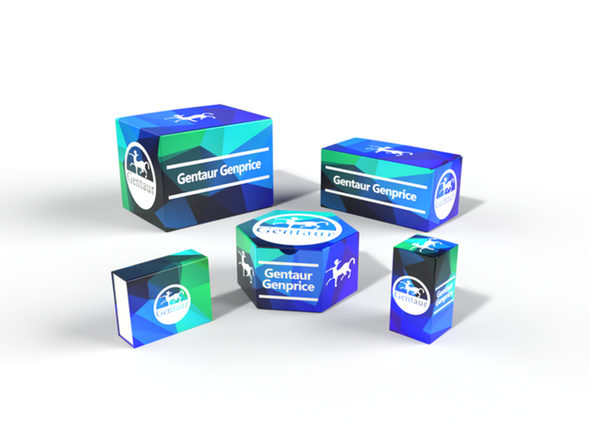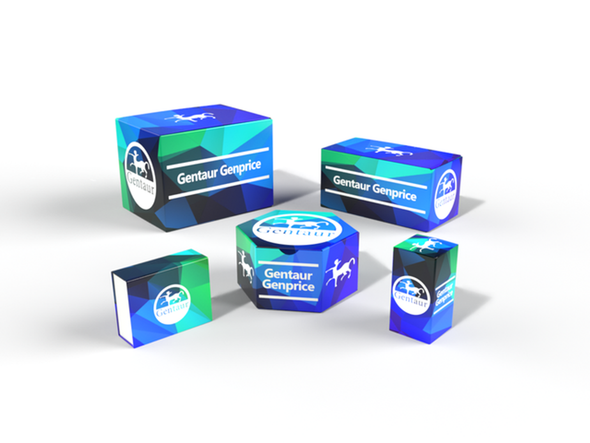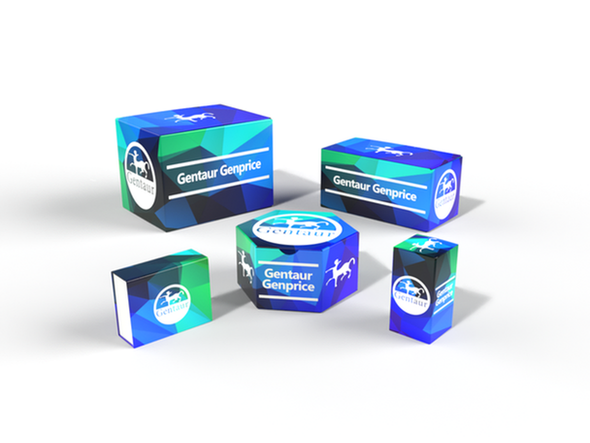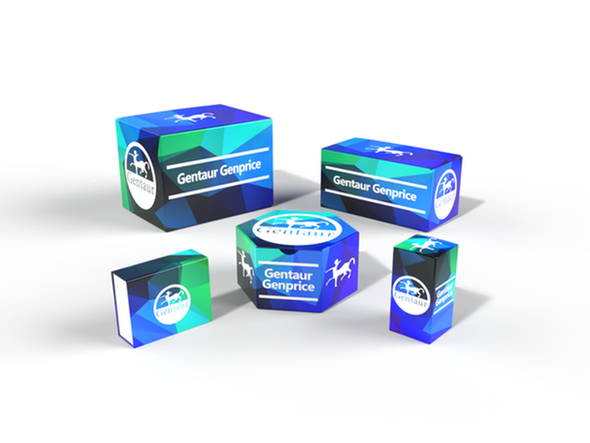BW
Cathepsin L1 HC (T288) polyclonal Antibody | BS9330
- SKU:
- BW-BS9330
- Availability:
- Usually ships in 5 working days
Description
Cathepsin L1 HC (T288) polyclonal Antibody | BS9330 | Gentaur UK, US & Europe Distribution
Host: Rabbit
Reactivity: Human,Mouse,Rat
Application: WB
Application Range: WB: 1:500~1:1000
Background: The cathepsin family of proteolytic enzymes contains several diverse classes of proteases. The cysteine protease class comprises cathepsins B, L, H, K, S and O. The aspartyl protease class is composed of cathepsins D and E. Cathepsin G is in the serine protease class. Most cathepsins are lysosomal and each is involved in cellular metabolism, participating in various events such as peptide biosynthesis and protein degradation. Cathepsin L (also designated major excreted protein, MEP or CATL) is a member of the peptidase C1 family and has been identified as a protein that is most closely related to cathepsin H. Cathepsin L is a lysosomal cysteine proteinase that mediates intracellular protein catabolism for collagen, elastin and α-1 protease inhibitor. Cathepsin L is a dimer composed of disulfide-linked heavy and light chains, both produced from a single protein precursor. At least two transcript variants encoding the same protein have been found for this gene. Transformed mouse fibroblasts stimulated by growth factors or tumor promoters secrete a form of cathepsin L.
Storage & Stability: Store at 4°C short term. Aliquot and store at -20°C long term. Avoid freeze-thaw cycles.
Specificity: Cathepsin L1 HC (T288) polyclonal Antibody detects endogenous levels of Cathepsin L1 HC protein.
Molecular Weight: ~ 19 kDa
Note: For research use only, not for use in diagnostic procedure.
Alternative Names: Cathepsin L1; Cathepsin L; Major excreted protein; MEP; Cathepsin L1 heavy chain; Cathepsin L1 light chain; CTSL; CTSL1
Immunogen: Synthetic peptide, corresponding to amino acids 230-288 of Human Cathepsin L1.
Conjugate: Unconjugated
Modification: Unmodification
Purification & Purity: The Antibody was affinity-purified from rabbit antiserum by affinity-chromatography using epitope-specific immunogen and the purity is > 95% (by SDS-PAGE) .
Pathway:


